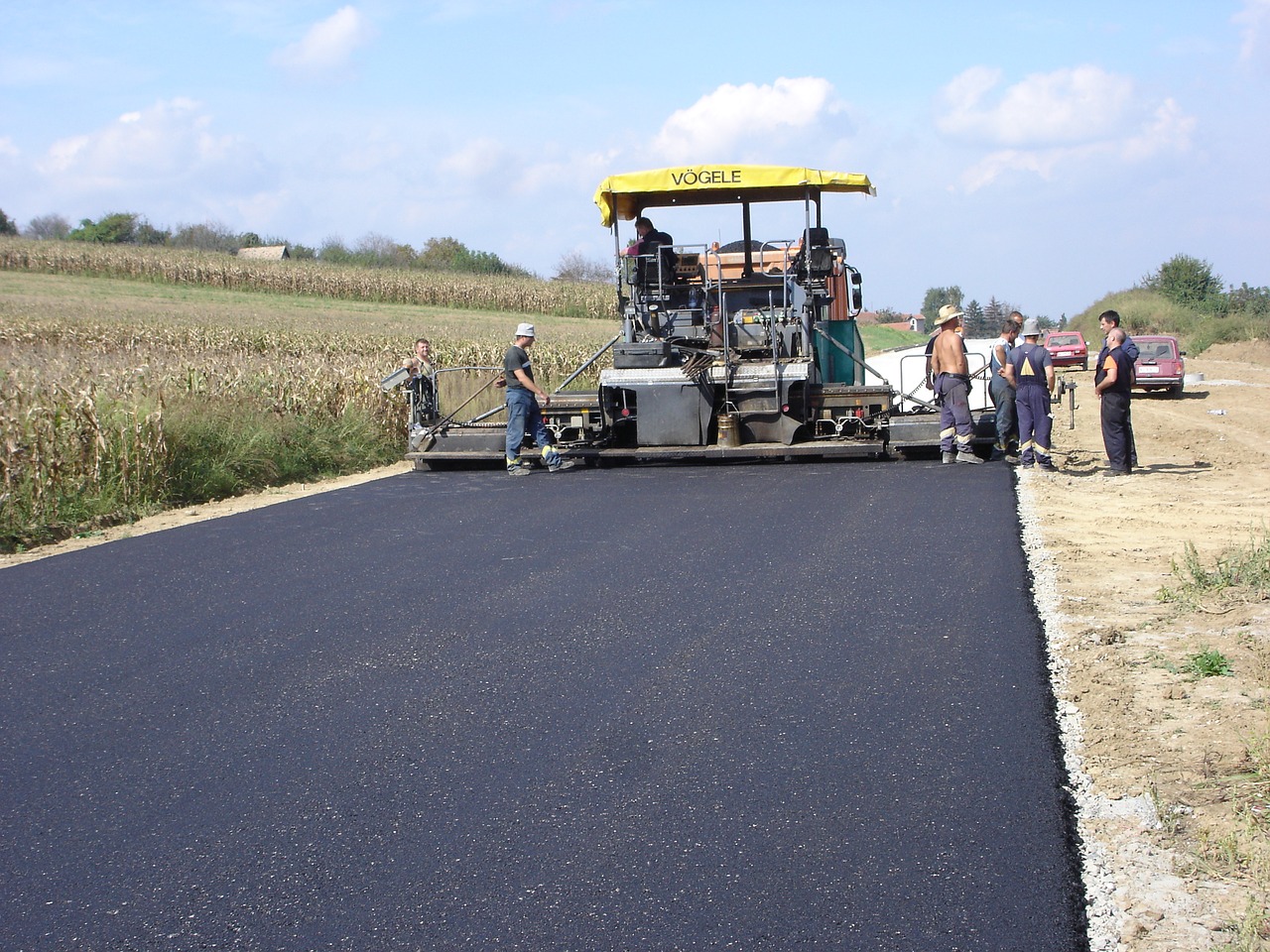Asphalt is a versatile paving material with countless uses that keep expanding, from paving roads, driveways to parking lots, tennis courts, airport runways, racetracks, and as far as golf cart paths. The majority of roads and driveways worldwide are asphalt. The choice of which type of asphalt mix to use depends on different factors; supporting different load sizes, noise reduction and absorption, splash reduction when raining, or improving water drainage.
The types of asphalt paving you could be driving over include
Porous asphalt; the oldest asphalt paving. It is used in parking lots because it allows water to drain through the pavement into a recharge bed and the soil below the pavement. The application process is cost-effective, and the pavement lasts decades.
Perpetual pavement; a premium combination of asphalt and a multi-layer paving process that makes it durable and hard-wearing. It features a solid but flexible base that prevents cracks, a strong, permanent middle layer, and a driving surface that can be replaced periodically after several years.
Quiet pavement; they are stone-matrix asphalt or open-graded friction course mix paved roads with significant noise reduction (about 50%). They are preferred for residential communities or businesses.
Warm-mix asphalt; similar to hot mix asphalt but 50-100 degrees Fahrenheit less hot. This procedure cuts back on fuel consumption and is good for the environment by reducing greenhouse gases and better compaction to ensure it lasts long.
Thin overlays; a combination of warm-mix asphalt and other recycled materials designed and applied to improve the ride quality and reduce distress, noise levels, and the additional cost of repairs.
Hot-mix asphalt; the most commonly used flexible pavement, also known as blacktop or bitumen. It’s what you mostly see when you pass by a road construction crew, and it gives homes a complimentary finish that’s hard-wearing, easy to repair, and long-lasting. It is asphalt in high temperatures used while still hot and hardens as it cools.
Hot-mix paving can be dense-graded mixes, stone matrix mixes, and open-graded hot mix asphalt.
- Dense-graded mixes have a larger aggregate size that is impermeable and allows water to run away from the surface. It is suitable for surfacing and repairing.
- Stone matrix asphalt mixes are reserved for interstate highways since they are more expensive to produce but have impressive friction capabilities with tires.
- An open-graded mix is a crushed stone and a few grains of sand combined. It can either be an open-graded friction course for surface courses or an asphalt treated permeable base for drainage purposes below dense-graded, stone mix or Portland cement concrete.

Milling is done before applying the new layer of asphalt to allow good drainage characteristics. The compaction process should be carefully done usually while the mix is still hot, for better results. Check the density first before allowing traffic back on the pavement.
Our roots are nestled deep in asphalt paving. We bring decades of asphalt paving experience marked by exceptional service delivery and technical mastery. We have the team, the skills, and the equipment to professionally handle all client needs in residential and commercial asphalt paving projects.
Address
Commonwealth Paving, 136 Outerloop, Louisville, Kentucky 40214
Phone: 502-459-7283, Fax: 502-456-2678
Opening Hours
| Monday | 9:00 AM – 5:00 PM |
| Tuesday | 9:00 AM – 5:00 PM |
| Wednesday | 9:00 AM – 5:00 PM |
| Thursday | 9:00 AM – 5:00 PM |
| Friday | 9:00 AM – 5:00 PM |
| Saturday | Closed |
| Sunday | Closed |






